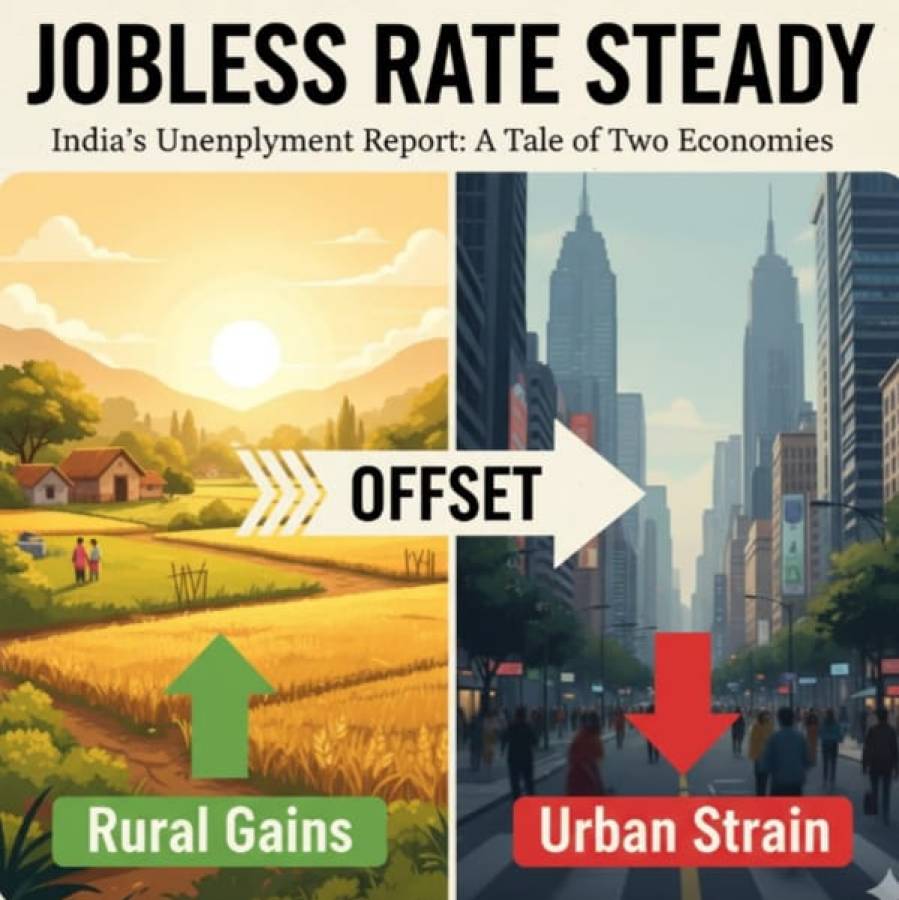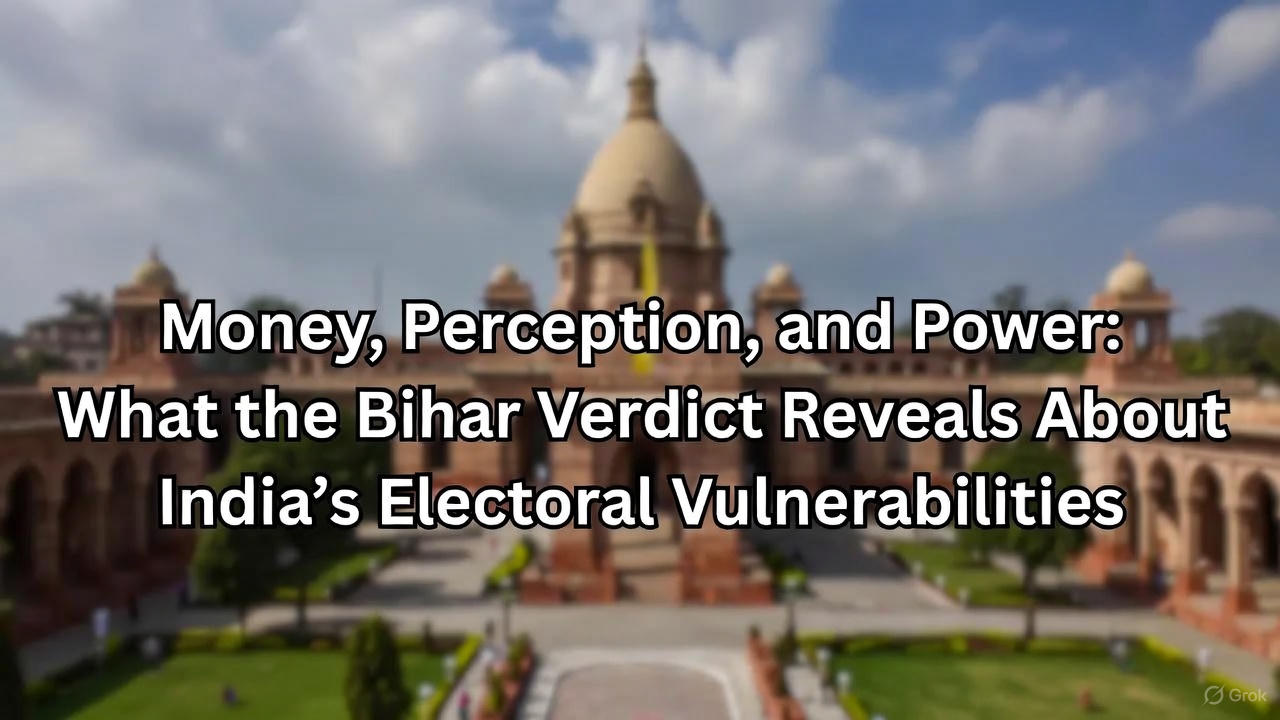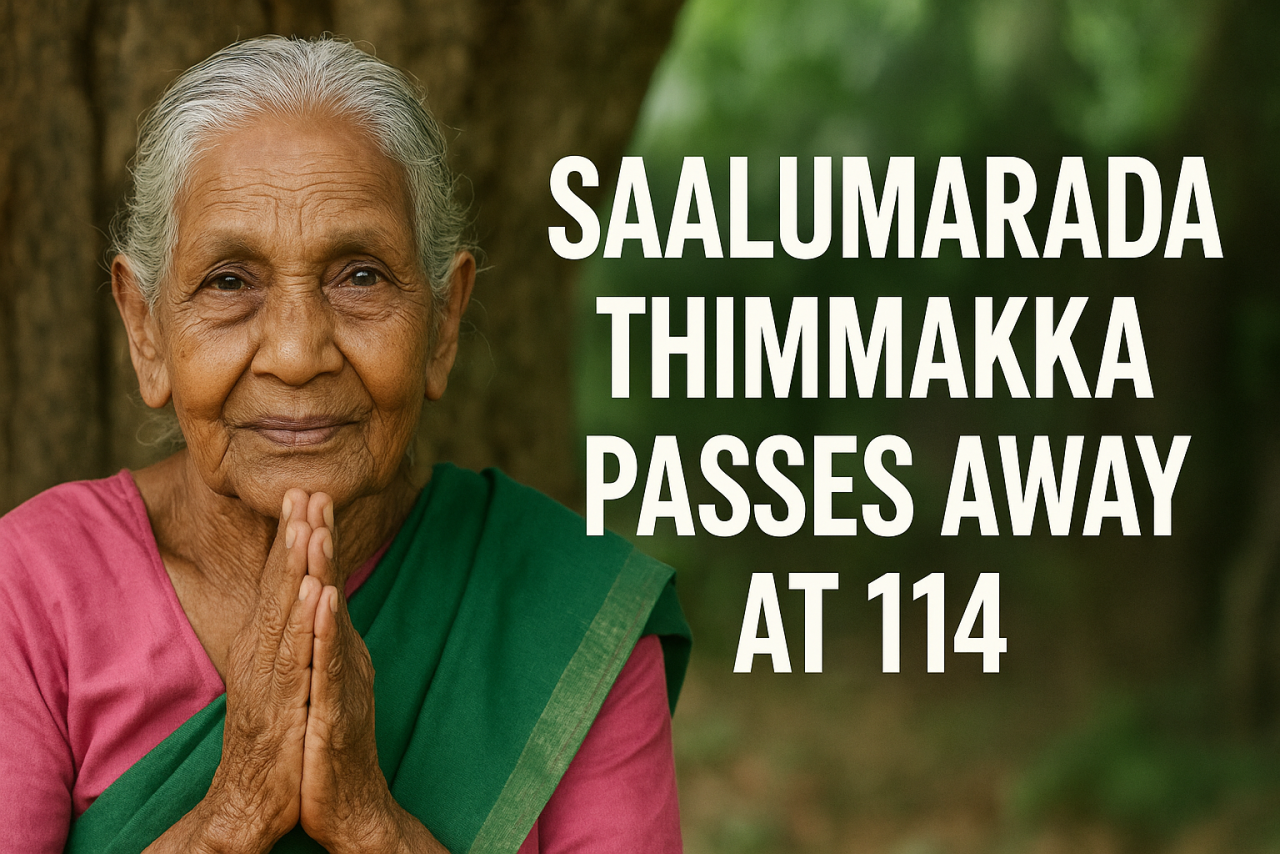
The Central Board of Secondary Education (CBSE) has made a significant announcement that could ease exam pressure for lakhs of Class 10 students. Starting in 2026, CBSE will introduce a new system that offers students a second opportunity to appear for board exams within the same academic year. The decision aligns with the goals of the National Education Policy (NEP) 2020 and aims to promote a stress-free, student-friendly approach to learning and assessment.
Under the new system, all students will be required to appear for their first set of board examinations in February. If they wish to improve their scores, they will be allowed to take a second exam in May. This second chance will be optional, and the better of the two scores will be considered as the final result. Students will be permitted to reappear in up to three subjects out of science, mathematics, social science, and languages.
This move is expected to bring much-needed relief to students who often struggle with anxiety and pressure during high-stakes exams. According to CBSE Examination Controller Sanyam Bhardwaj, both rounds of exams will cover the full syllabus, and the difficulty level will remain the same. Internal assessments will also be conducted as usual.
More than 25,000 schools across India are affiliated with CBSE, and around 2.6 million students register for the Class 10 board exams each year. These figures underline the large-scale impact of the decision. The board believes the new rule will not only provide flexibility to students but also help them perform better by reducing exam-related stress.
Education Minister Dharmendra Pradhan has praised the move as “laudable and a much-needed step,” emphasizing that it will contribute to a joyful and flexible learning experience. He noted that the twice-a-year exam format is rooted in the NEP 2020's goal of shifting from a rigid, marks-driven system to a more student-centric approach. “This change will also help our students compete globally with confidence,” he said.
CBSE Chairman Rahul Singhal added that the board wanted to ensure students get enough opportunities to succeed, without being penalized for one poor performance. He clarified that the new policy is not intended to increase the number of exams students face, but to give them a fair chance to show their true potential.
The February exam will be mandatory, and results will be declared by mid-March. This schedule will give schools enough time to conduct second-phase exams in May and finalize results by June. This also means that students who wish to switch schools or streams after Class 10 will not face delays in admissions.
However, not every student will be allowed to take the May exam. Only those who appeared in the February exams will be eligible. There will be no option to skip the first round and only appear in the second. Moreover, students who fail in the February exams will have to retake those specific subjects in May to avoid repeating the entire year.
The policy has received both appreciation and criticism from educators. While many support the idea of reducing exam pressure, some schools are concerned about logistical challenges. According to feedback collected from 64,000 students and 2,000 teachers across the country, most welcomed the change, though a few raised concerns about how the May exams might overlap with heatwaves or summer vacations.
Sudha Acharya, principal of ITL Public School, Dwarka, said that while the policy may help students academically, it requires careful planning. “We’ll need to rearrange schedules and possibly reduce holidays to make this work. However, it’s a step in the right direction,” she stated.
Another principal, Jyoti Arora of Mount Abu Public School, highlighted the importance of balancing academics with mental health. “Giving students two chances to improve is a great idea, but we must ensure that the execution doesn't end up being more stressful for teachers and students alike,” she noted.
CBSE’s latest move mirrors global practices where students are given more than one opportunity to demonstrate their learning. It acknowledges the fact that a single exam should not define a student’s academic future. If implemented smoothly, this change could reshape the way board exams are viewed in India — not as a final judgment but as a fair evaluation with room for growth.
Insightfully, CBSE’s decision to allow Class 10 students a second attempt at board exams from 2026 is a bold reform that emphasizes flexibility, fairness, and student welfare. While execution will be the key to its success, the intent clearly reflects a modern, inclusive, and supportive educational approach.





















